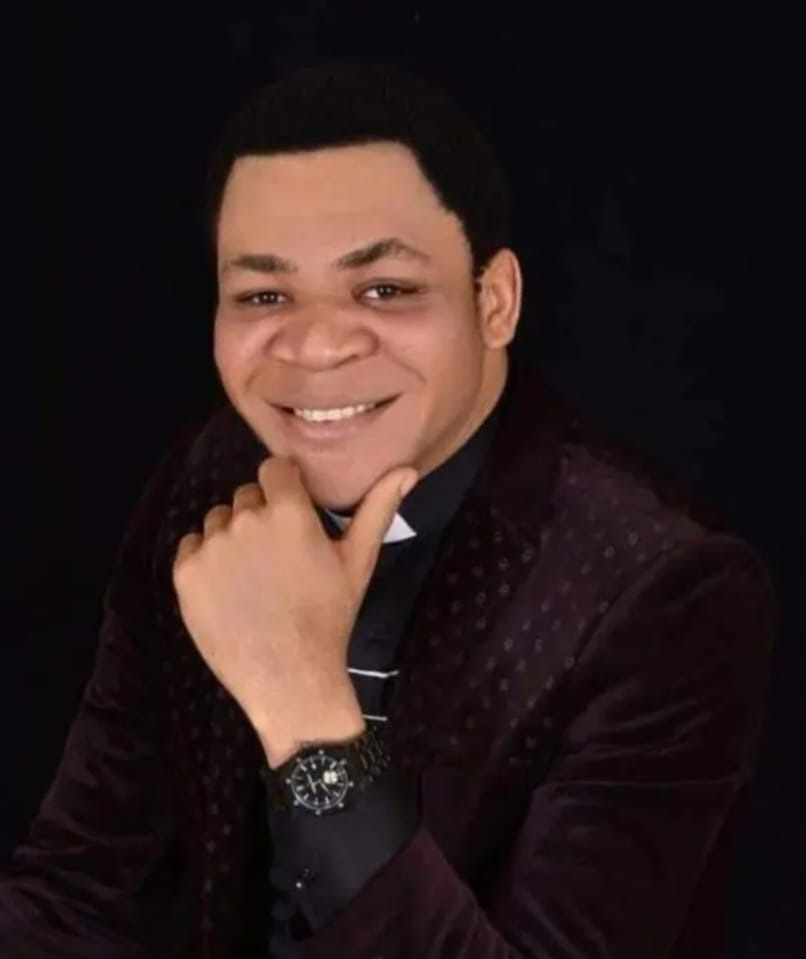Nigerian priest released after kidnapping
Fr. Marcellinus Okide was released in southern Nigeria, after less than a week in captivity.
A priest kidnapped Sunday afternoon in southeastern Nigeria was released Thursday, according to the Diocese of Enugu.
The priest, Fr. Marcellinus Obioma Okide, was released at approximately 8:00 pm on Sept. 21, after his diocese paid an unspecified ransom, according to a diocesan official who spoke with The P…

